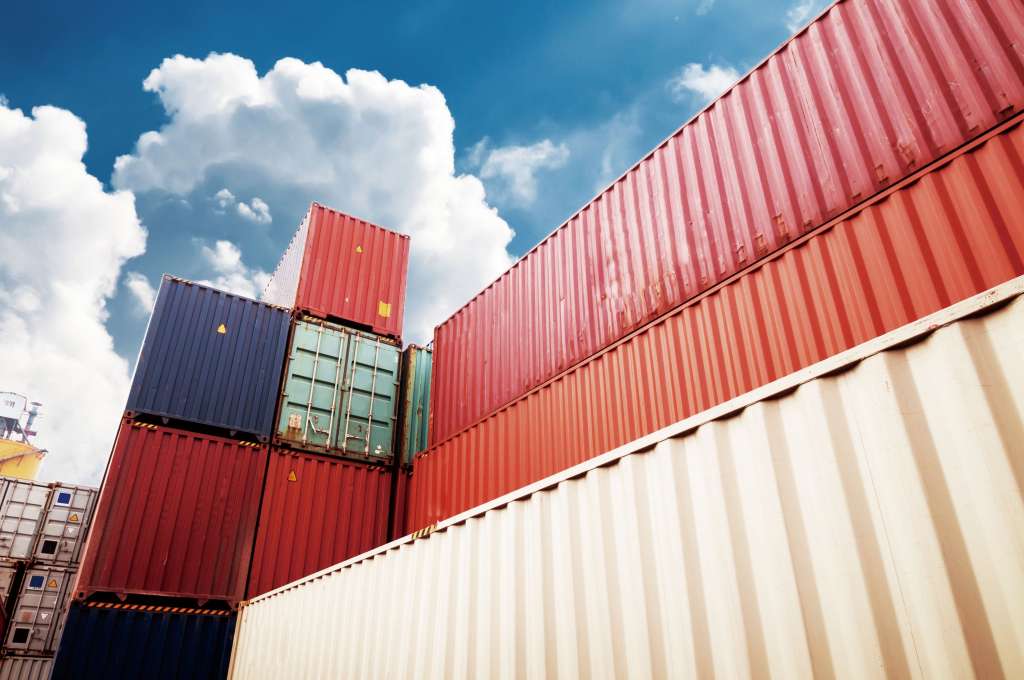A Brief Guide to Shipping Terminology (for Sourcing Managers).



Introduction
Supply chains are crucial to a company’s operation and success. The better the streamlining and control of the process, the higher the customer satisfaction and greater the sales. As a Sourcing Manager, you need to be aware of the frequently-used terminologies. Shipping is a significant part of the sourcing process and has an impact on customer satisfaction. The following article will list and explain some basic shipping terminologies that every manager should know.
Incoterms
Incoterms refers to International Commercial Terms. These are a set of pre-defined terms published by the International Chamber of Commerce. These terms aim to communicate the tasks, costs, and risks associated with the shipping process. Thus, Incoterms enable all parties to make mutual decisions following the terms of the process they agree on.
Back Order
When there is a sudden spike in demand for products that aren't sold much, manufacturers adopt a process called back-ordering. It is the practice of ordering the item from a supplier that is temporarily out of stock but ordered by your customers.

Change of Destination (COD)
The Change of Destination is a request placed to the shipping agency asking them to discharge the package from the container and transport it to another location. It is a simple term and a Sourcing Manager often encounters it.
Cross Docking
Most businesses have received urgent orders for items that do not have much storage time. A shipping company uses a dock used for both loading and unloading to ship these. It enables quick review, sorting, splitting, and loading merchandise in sets, minimizing the shipping cost and storage time.
Demurrage
Demurrage charges are levied when the imported containers have not been picked up within the free time. Moreover, these fees can be charged when customs delays your shipping, thereby crossing the allotted days.
Groupage
As a Sourcing Manager, you must adopt various processes to minimize shipping costs. Generally, individual shipments do not take up the space of an entire container which is often a waste. Groupage allows multiple shipments from different sellers, thus splitting the freight cost and minimizing expense.
Port Storage
Containers discharged from a ship are moved into the yard, and ports offer a free storage period. Custom clearance procedures and transportation processes need to be finalized during the allotted time. It is the Sourcing Manager's job to take care of post storage processes to boost productivity and avoid port congestion.
Harmonised Set of Codes (HS)
The HS system is an internationally accepted list of codes used by businesses and the government. These are used to identify these items and ease the process of examining merchandise during shipping.
FCL and LCL
Full Container Load (FCL) refers to the merchandise that can take up the space of a complete container, whereas Less than Container Load (LCL) indicates the opposite. A Sourcing Manager must consider the company size and choose between the two. Most small and mid-size businesses benefit from the LCL process and save money.

IMDG
The International Maritime Dangerous Goods set up the IMDG codes. Its guidelines explain how to safely handle flammable and corrosive materials to prevent accidents and pollution.
Bill of Lading
The Bill of Lading details the type of goods, rate, destination, and other information and is a legal document issued by the carrier to the shipper. Additionally, it guarantees that the shipment will go through and the agreed terms will be carried out. The document eliminates the need for a shipping receipt, which is environmentally sustainable.
Conclusion
The supply chain and logistics are crucial to a company’s functioning. The above list of shipping terminologies will help a sourcing manager understand the complete shipping process better and avoid miscommunications and improper process guidelines.

Contact Fashinza experts to help streamline the process and navigate the workflow with ease. They also help brands boost sales and decrease shipping costs via multiple channels. Get in touch with them and remove the burden of the manufacturing process off your shoulders.


6 Tips To Optimize And Improve Your Manufacturing Process In the US
5 min read
3.1k views

How to buy the best Poplin clothes online?
5 min read
3.1k views

How To Source High-Quality Clothing For Your Clothing Line: A Blog Towards Helping People Get The Best Possible Clothes For Your Business
5 min read
3.6k views















